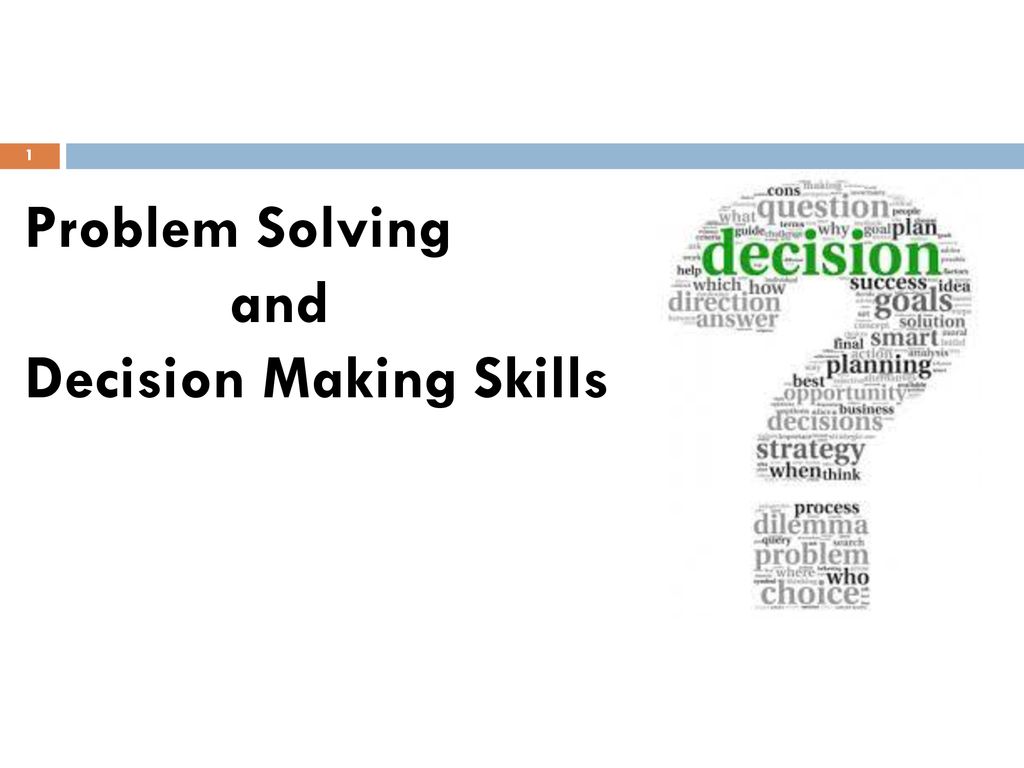Within this rapidly changing world, the ability to make sound decisions is more important than ever. Whether in one's personal lives or in a professional setting, the choices we make have a significant impact on our outcomes. Nonetheless, the process of decision-making can often feel daunting, particularly when emotions come into play. Grasping the complex relationship between our emotions and the choices we make can reveal new levels of insight and effectiveness in our decision-making skills.
As we dive deep into the psychology behind decision-making, we will explore multiple techniques that can enhance our ability to make well-informed choices. From mastering the skill of smart decision-making to recognizing how emotional intelligence influences into the processes, this article will provide understanding into overcoming common challenges such as decision fatigue and paralysis by analysis. By understanding the role of intuition and employing proven frameworks, you can improve not only your own decision-making but also influence those around you. Join us as we explore the complexities of emotions and how they influence our decisions in both routine scenarios and high-stakes scenarios.
Strategies for Better Decision Making
To improve decision-making skills, one powerful technique is the use of decision-making structures. These systematic approaches assist individuals break down complicated choices into achievable components. By determining criteria and evaluating options against these factors, decision-makers can refine their thinking and prevent being overwhelmed by the nuances of each choice. This systematic method not only promotes clarity but also boosts confidence in the final decision.
Another key technique is to leverage the ability of taking a break. In a rapid world, the skill to pause and take a second to reflect can lead to more deliberate choices. Taking time allows for a more in-depth consideration of options, potential outcomes, and feelings-based responses. This thoughtful approach to decision making can significantly boost the quality of choices, especially in high-pressure situations.
Finally, cultivating emotional awareness is essential for better decision making. Understanding one's own feelings, as well as those of others, can provide important insights into how emotions influence choices. By acknowledging emotional triggers and biases, individuals can distinguish rational thinking from emotional responses, leading to more even-handed decisions. Building this competence not only aids in personal decision-making but also improves interactions in group settings, facilitating more effective consensus-building.
The Science of Decision-Making
Understanding the mindset behind making decisions reveals the complicated interaction between feelings and rationality. Emotions considerably influence our choices, regularly acting as the primary drivers of our decisions. For instance, fear can lead to withdrawal behaviors, while joy can encourage taking risks. Recognizing these emotional cues can help people navigate their decision-making processes more effectively, allowing them to be more conscious of how emotions can obscure judgment and lead to impulsive choices.
Additionally, cognitive biases play a key role in shaping how we make decisions. Prejudices such as confirmation bias, where one prefers information that matches with existing beliefs, or the anchoring effect, where early information excessively impacts our final decision, highlight the mental shortcuts our minds often take. By understanding these mental influences, people can work to mitigate their impact, leading to more aware and rational choices.
Mindfulness and EQ are essential components in enhancing decision-making skills. By engaging in mindfulness, individuals can cultivate enhanced awareness of their emotional states and thinking, which leads to more focused thinking. Emotional intelligence allows for superior recognition and management of both one's own feelings and those of the people around them, which is particularly useful in collaborative contexts. Developing these skills can lead to more effective decision-making and improved overall judgment.
Strategies for Successful Choices

Optimal decision-making begins with precisely outlining the challenge at hand. Investing time to grasp the particular issue, its context, and the desired result is crucial. This insight helps in setting preferences and setting standards for assessing options. By dividing the choice into assignable parts, people can zero in on relevant factors, making it easier to maneuver through complex situations and prevent hasty decisions.
Another important aspect is to utilize a equitable approach that incorporates both logical thinking and gut feelings. While Browse this site and analytical processes provide a solid foundation, instincts and past experiences often influence us in ways we may not entirely recognize. Leveraging both instinct and reasoning can lead to more comprehensive assessments and ultimately better decisions. Additionally, using decision-making frameworks can aid in structuring thoughts and ensuring that all relevant perspectives are evaluated.
In conclusion, introspection plays a crucial role in enhancing decision-making skills over time. Reviewing both positive and unsuccessful decisions allows decision-makers to learn from their experiences. Practicing self-awareness can boost self-awareness, helping to manage emotions that may hinder judgment. By fostering a habit of introspection, decision-makers can enhance their decision-making processes and grow greater assurance, leading to regularly successful choices in various aspects of life.
